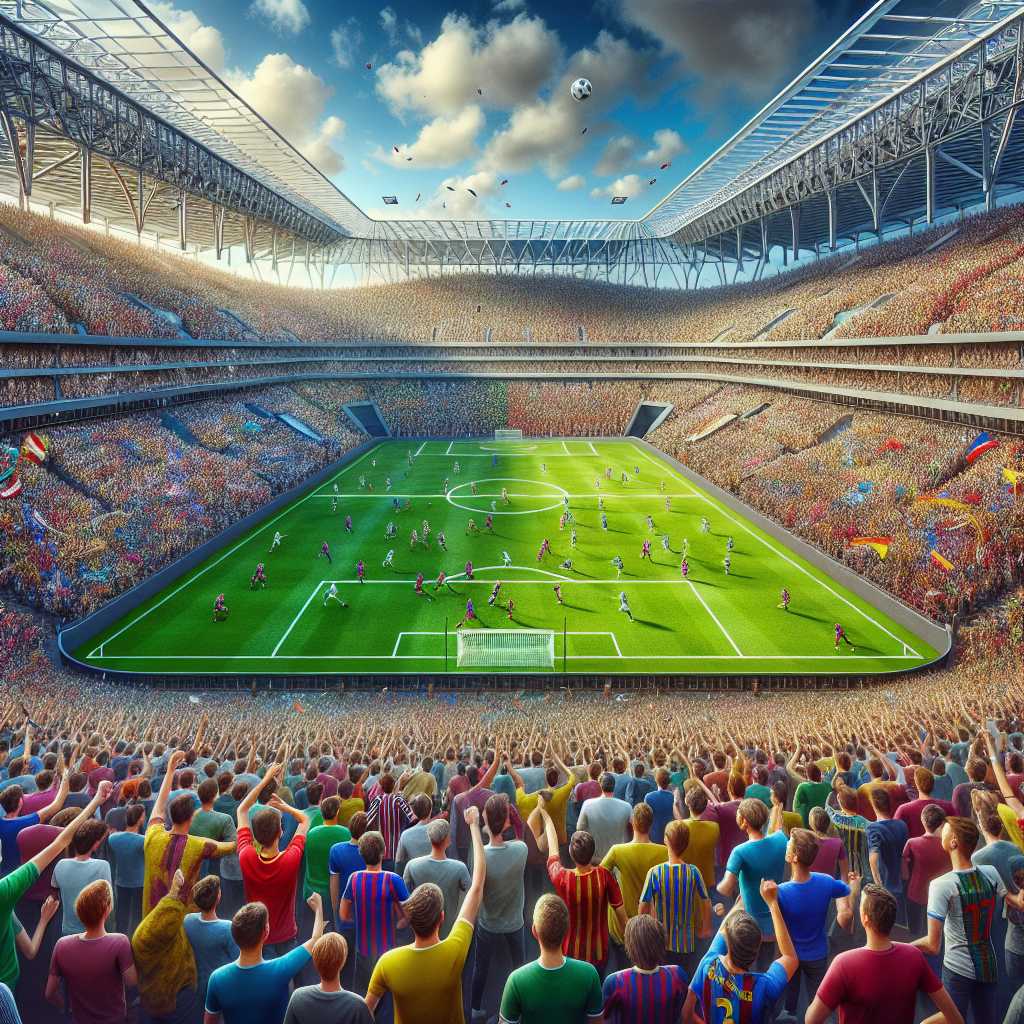The Marvel of Modern Football: A Deep Dive into the Premier League
The English Premier League stands as not only a paragon of professional football but also as a global cultural phenomenon. This league, which has undergone various transformations since its inception in 1992, brings together history, talent, and monumental financial investments to provide a riveting spectacle enjoyed by millions around the world.
History and Evolution of the Premier League
Founded following the decision of clubs in the Football League First Division to break away from the Football League, which had been established in 1888, the Premier League was created to capitalize on a lucrative television rights deal. This turning point aimed to improve the quality and global appeal of English football through increased revenue, and it has subsequently grown into one of the world’s most-watched sports leagues.
Structure and Competition Format
The Premier League operates on a system of promotion and relegation with the English Football League (EFL). Consisting of 20 teams, each club plays 38 matches throughout a season which runs from August to May. A win earns three points while a draw adds one point to a team’s total. At the end of each season, the team with the most points is crowned champion. The bottom three clubs are relegated to the Championship, and their places are taken by the top two teams from that division, along with the playoff winner.
Domestic and International Dominance
English teams have enjoyed significant success both domestically and in European competitions. Since its establishment, the Premier League has seen several clubs emerge as powerful forces both on the pitch and financially. The rise of teams like Manchester United, Chelsea, Arsenal, Liverpool, and recently Manchester City has cemented the league’s reputation as one of the most competitive in the world. Success in European tournaments has further boosted its profile.
Financial Powerhouse: Commercial Success and Player Transfers
The Premier League’s financial might is showcased through its record-breaking television deals both domestically and overseas. Such income allows clubs to invest heavily in talent acquisition from all corners of the globe. Consequently, transfer windows teem with anticipation as astronomical fees are paid for top players. In addition to TV deals, club sponsorship, merchandising, and match-day revenue contribute to its economic prosperity.
Cultural Impact: Global Fan Base and Media Coverage
The global reach of the Premier League cannot be overstated. It is broadcast to over 212 territories and an estimated 4.7 billion people globally, who watch via television, online live streams, or in fan zones across continents. Clubs maintain extensive international fanbases, bringing together diverse audiences united by their love for football. The media furthers this entrenchment by providing exhaustive coverage across various platforms including but not limited to print media, podcasts, social media takes, prediction shows, and highlight reels.
Technology at Play: VAR and Digital Enhancements
The incorporation of Video Assistant Referee (VAR) technology epitomizes how the Premier League blends tradition with technological advancement. Utilized to review decisions made by the head referee with video footage, VAR implementation has been both lauded for ensuring fairness and critiqued for interference with game flow. Further digital enhancements include app developments that provide real-time statistics aiming to enrich viewer experience.
Challenges and Criticism: Balancing Tradition and Innovation
Despite drawing acclaim globally, the Premier League has also faced criticism. Concerns about unequal wealth distribution between clubs highlight potential issues regarding competitive balance. Furthermore, fan protests have surfaced regarding rising ticket prices and changes to traditional match-day experiences resulting from commercial interests.
Social Responsibility: Charities and Community Programs
An often under-highlighted aspect involves clubs’ roles in nurturing local communities through charitable foundations and programs targeting health, education, and social inclusion. Many clubs excel at leveraging their stature akin to social enterprises focusing on transformational projects that wear more than just their logos.
